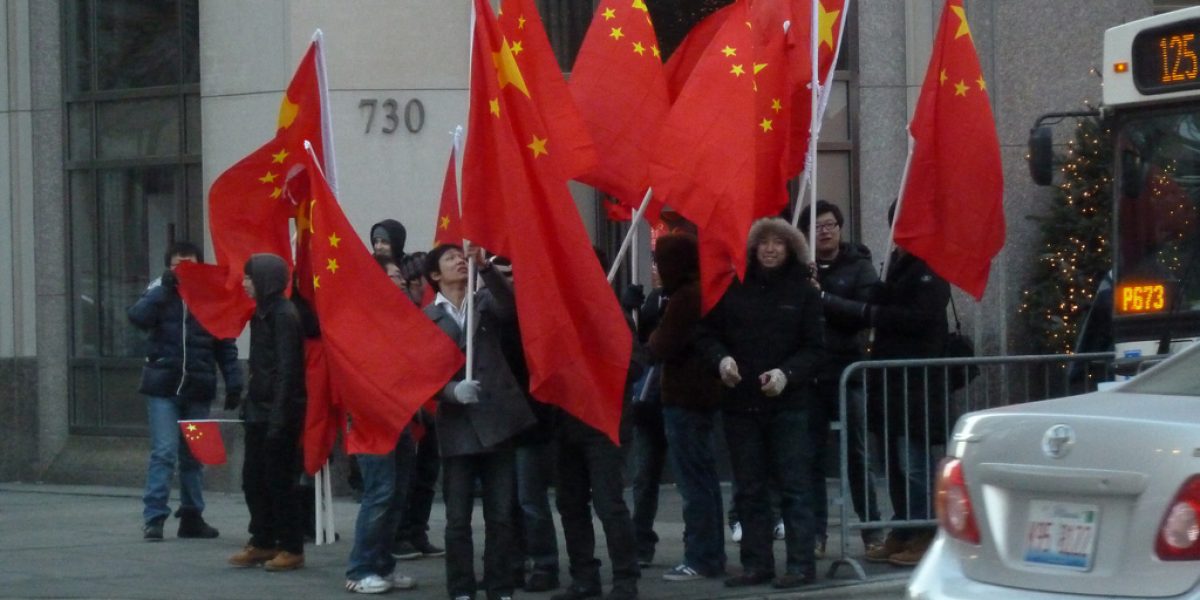China’s energy concerns have been playing an increasingly crucial role in its foreign policymaking in the new century. Although other energy sources (such as coal, natural gas, nuclear energy, hydropower and alternative fuels) are inherent to this debate, oil is the top Chinese concern, since it represents China’s largest external reliance. In little over a decade, China went from leading Asian oil exporter to second largest world consumer (2003) and third largest global importer (2004).
China’s present economic foray into Africa’s natural resources thus emerges in this framework. Despite oil being by far its major import from that continent (at 26% of its total oil imports), imports of other minerals such as cobalt, manganese, copper and iron ore have risen sharply in recent years. To gain access to these minerals, China has loaned billions of dollars to African countries for infrastructure development in exchange for resources (i.e. the so-called ‘Angola mode’) with no conditionalities attached. China’s success in achieving a significant position in the continent’s natural resources market in a short period has raised concerns among Africa’s traditional development partners, who fear that China’s approach undermines their longstanding efforts to improve governance in the continent.
SAIIA sincerely thanks those who acted as peer reviewers for this paper.








